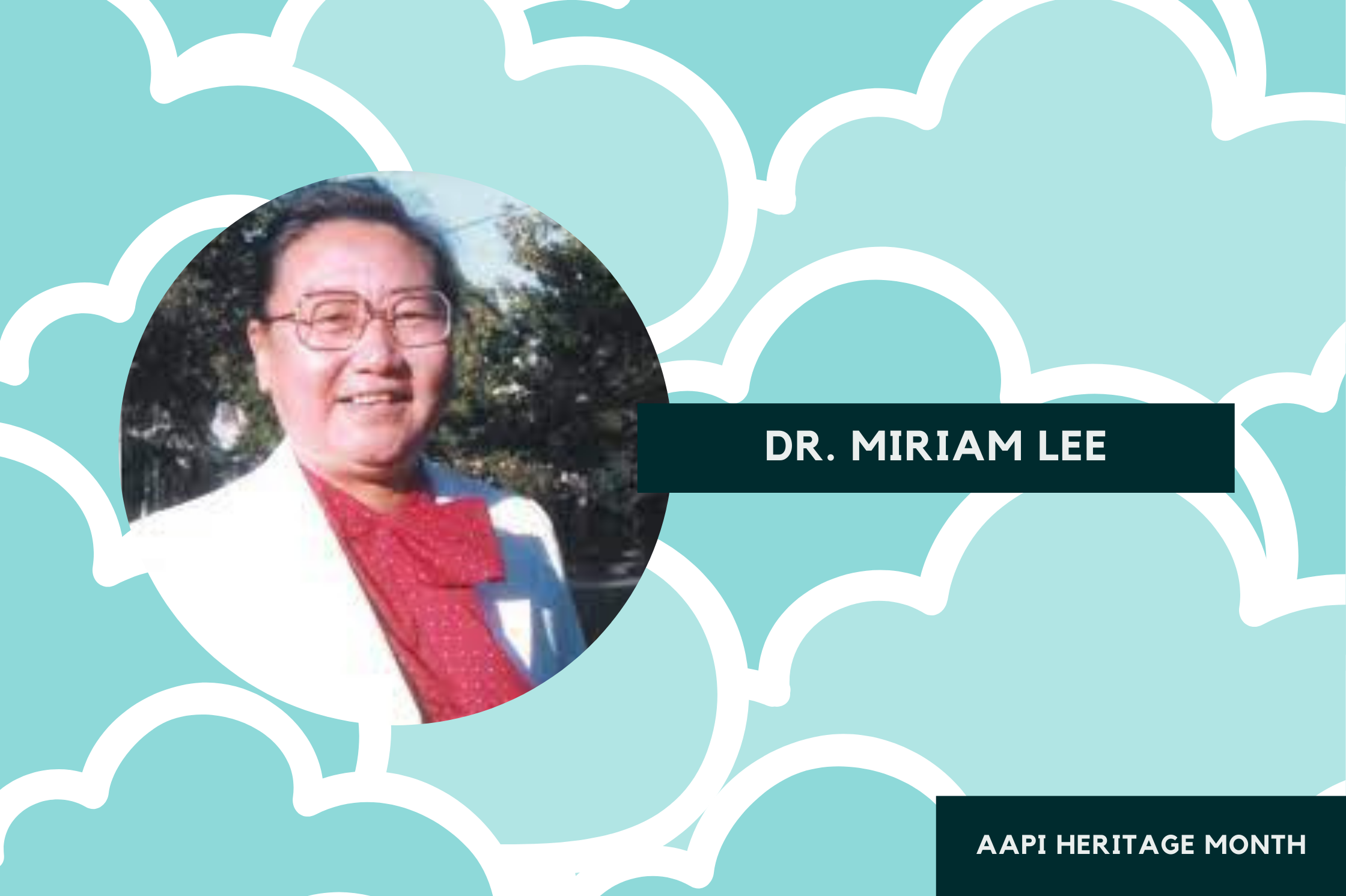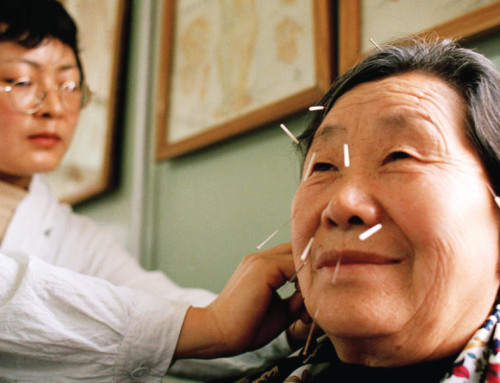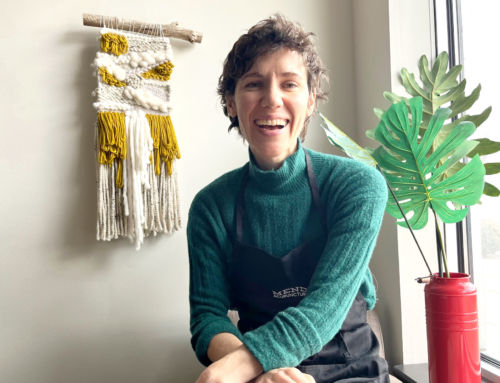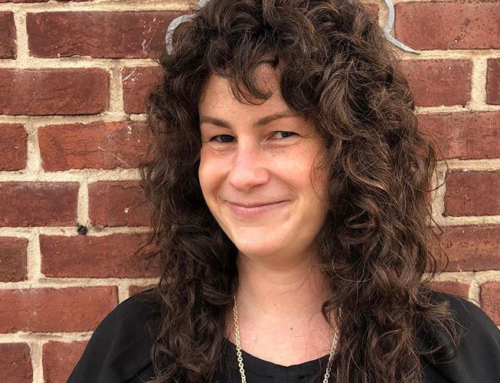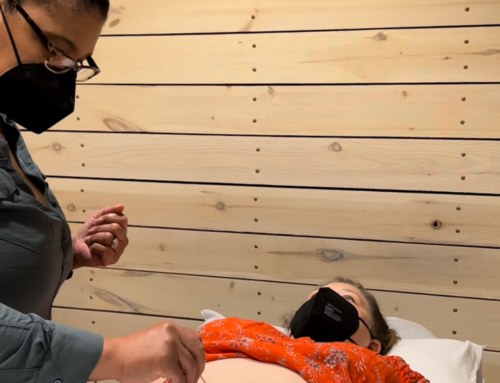While I never studied with Dr. Miriam Lee (1926 – 2009), she was an influential practitioner, teacher, and leader in the acupuncture community during her life. I have learned about her and from her in waves and through various sources.
I was in acupuncture school the first time I heard a story about Dr. Lee. Someone shared about how she practiced acupuncture from her home before there was a licensing for it in the United States. Her treatments were so effective that word-of-mouth spread. I learned from her book, Insights of a Senior Acupuncturist, that one day “there were so many people waiting on the stairs to get in that the staircase broke” (Lee, 1992, p. x). She was seeing sometimes 80 patients a day and people drove for hours to see her.
Not only was she an extraordinary practitioner, her influence had political and systemic impacts. She was trained as a nurse, midwife, and acupuncturist in China. She lived through Japanese occupation, World War II, and moved to Singapore before coming to the U.S. While working on the assembly line at Hewlett Packard, she treated the community, like a fellow church member’s son, her factory co-workers, and this is how the word-of-mouth spread.
On April 16, 1974, the morning after Governor Ronald Regan vetoed a bill to legalize acupuncture in California, Dr. Lee was arrested for practicing medicine without a license. During the trial, her patients packed the courtroom and spoke-up about how her treatments had helped them feel better than other medical interventions had. Their testimonies and this moment shifted the legality and professionalization of acupuncture in the U.S. Following the trial, legislation was passed to make acupuncture an “experimental procedure” for research. Dr. Lee practiced with a project at San Francisco University until acupuncture was legalized as a medical practice in California in 1976.
Earlier this spring, I was nudged to deeper reflection on Dr. Lee’s story and the impact on acupuncture in the U.S. On March 16, 2021, Russell Brown of Poke Acupuncture in Los Angeles (Instagram @pokeacupuncture) wrote two posts that focused on Dr. Lee and a group of white students who were learning about East Asian arts and acupuncture in the early 1970’s. His posts provide additional context around Dr. Lee’s arrest and points to white supremacy within the early professionalization of acupuncture in the United State. This history certainly lingers in contemporary practice. For example, there has recently been some movement in the profession, led by the grassroots Influential Point, to remove the term “oriental” from schools and degrees associated with East Asian medicines. This term is rooted in a Euro-centric xenophobia, and is still widely used – including in the name of acupuncture’s national board exam organization (i.e. National Certification Commission for Acupuncture and Oriental Medicine.)
As I continue to grow as an acupuncturist and human person, I am reminded to look closer and also step back. To consider who came before me, who gets to tell the stories, to reflect on what gets heard, and who I hear. To consider the individual in context and consider the contexts the individual is in. Dr. Lee’s legacy is profound and critical to the expansion (and continuing evolution) of acupuncture in the United States. She provided life-changing treatment to individuals AND her work shifted the collective and changed systems. I benefit from that legacy, and feel a responsibility to it and her.
References
Brown, R. [@pokeacupuncture]. (2021, March 16). Acupuncture History Mega Post 1 and 2. [Photograph with Caption]. https://www.instagram.com/pokeacupuncture.
Johnson, S. (2009, September). In Memoriam: Dr. Miriam Lee (1926-2009). Acupuncture Today (10, 9). https://www.acupuncturetoday.com/mpacms/at/article.php?id=32021.
Lee, M. (1992). Insights of a Senior Acupuncturist. Blue Poppy Press.

